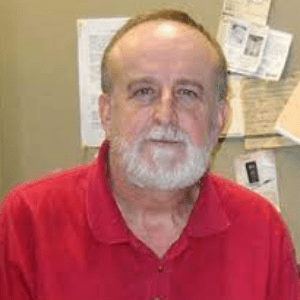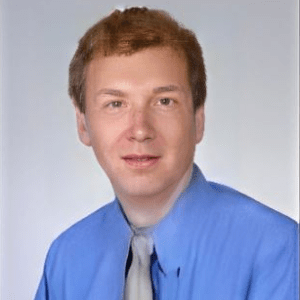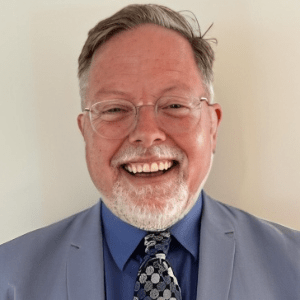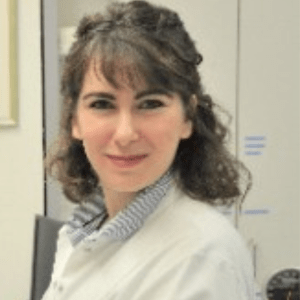Molecular and Cell Biology: Neurobiology Conference
Home/ Scientific Sessions / Molecular and Cell Biology: Neurobiology Conference
Molecular and Cell Biology is the investigation of cell function at its most basic level. It examines small components of cells, such as DNA, RNA, and proteins, to learn about how living organisms grow, develop, and remain alive. Scientists examine how these molecules are constructed, how they communicate, and how they regulate the life and health of the cell.
Key subjects include:
Biochemistry and Molecular Biology – the mechanisms of molecules such as proteins and enzymes in the cell
Cell and Developmental Biology – the mechanisms of cell growth and change over time
Genetics, Genomics, and Development – how genes regulate traits and development
Immunology and Pathogenesis – the mechanisms by which the body resists disease and how infections take place
Neurobiology
Neurobiology is the investigation of how the nervous system and brain regulate thoughts, actions, and feelings. It examines how populations of nerve cells (neurons) and brain circuits interact. Neurobiologists attempt to determine the mechanisms by which these systems operate in normal and pathological conditions.
The main areas of neurobiology are:
Behavioral Neuroscience – how the brain influences behaviour
Developmental Neuroscience – how the nervous system develops and matures
Cognitive Neuroscience – the way we think, learn, and remember
Systems Neuroscience – the way populations of neurons collaborate as a system
Molecular Neuroscience – the way molecules within the brain enable it to function
Related Sessions
1.Alzheimers and Parkinsons Diseases
2.Neuroimmunology and Neurological Infections
3 – Cognitive Neuroscience and Psychology
4 – Neuroinformatics and Computational Neuroscience
5 – Neurological Disorders
6 – Neurobiology
7 – Molecular Neuroscience
8 – Pediatric Neurology
9 – Clinical Neurology
10 – Translational Neurology
11 – Neurogenetics
12 – Neurodegenerative Diseases
13 – Neuropsychiatry
14 – Neuroscience Research
15 – Neuropharmacology and Novel Drug Development
16 – Neurological Interventions and Surgery
17 – Artificial Intelligence in Neurology and Neurosurgery
18 – Neuro-ophthalmology and Auditory Neurology
19 – Aging and Neurology
20 – Brain Tumors and Neuro-Oncology
21 – Stroke Diagnosis and Management
22 – Epilepsy and Seizure Disorders
23 – Psychiatric and Behavioral Disorders
24 – Neurovascular Disorders
25 – Neurology and Systemic Disorders
26 – Neurodevelopmental Disorders
27 – Cognitive and Memory Disorders
28 – Neuroinflammation and Brain Disorders
29 – Neurological Rehabilitation
31 – Trauma and Neurocritical Care
33 – Cellular and Systems Neuroscience
35 – Advances in Neuroimaging Techniques
37 – Rare and Complex Brain Disorders
30 – Global Challenges and Public Health
32 – Neurotoxicology
34 – Behavioral Neuroscience and Social Neuroscience
36 – Addiction and Mental Health
Scientific Program
Keynote Speaker – Dr. Zhenhuan LIU (Oral Presentation – In-Person)
Nanhai Maternity and Children Hospital Affiliated to Guangzhou University of Chinese Medicine, China
Keynote Speaker – Dr. Magda Tsolaki – Oral Presentation (Virtual)
Emeritus Professor of Neurology, Aristotle Univesrsity of Thessaloniki, Makedonia, Greece, Chair of the Greek Federation of Alzheimer’s Disease
Keynote Speaker – Dr. Tatsuro Mutoh, MD, PhD, FAAN – Oral Presentation (In-Person)
Department of Neurology, Fujita Health University Hospital, Toyoake, Aichi, Japan
Committee Members

Kenneth B Storey
Carleton University, Canada

Kindy Mark
University of South Florida, United

Thomas J Webster
Interstellar Therapeutics, United States
Tags




